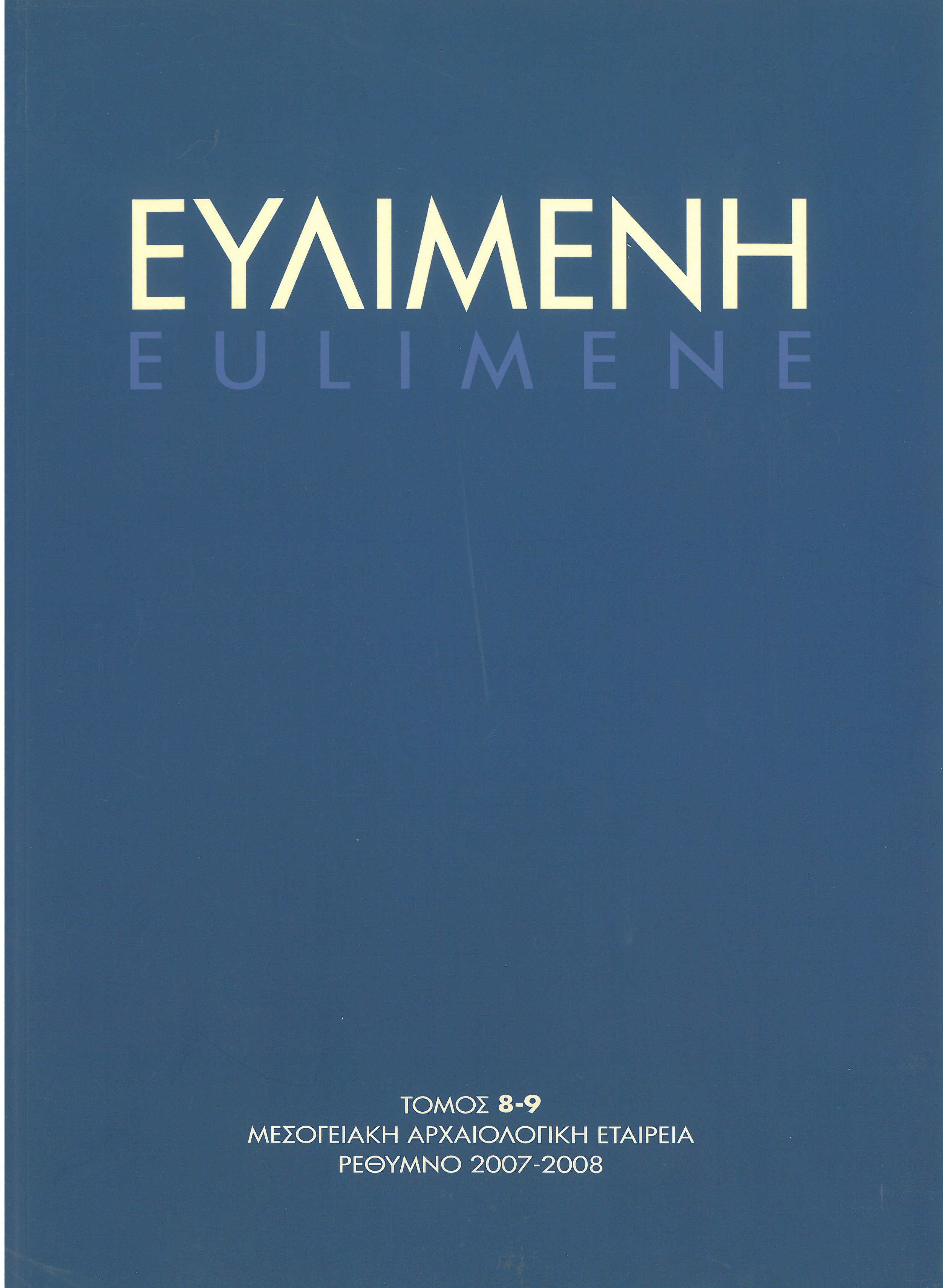La politique monétaire des cités crétoises à l’époque classique et hellénistique

Résumé
The monetary policy of the Cretan cities during the Classical and Hellenistic periods. The monetary policy of the Cretan cities during the Classical and Hellenistic periods appears to have been rather unstable and inconsistent. It depended as much on the financial means and interests of each city, as on monetary needs that were often dictated by their political partners. The standard and the types used for silver coinage appear to have been influenced by foreign coins circulating in the island. The implementation of Aeginetan, Rhodian or Attic standards testifies to the influence exerted on the monetary policy of the island by «international» coinages, the imitation of which (pseudo-Aeginetan, pseudo-Rhodian and pseudo-Athenian) is occasionally linked to political or financial causes. Cretan cities, however, in various periods, also adopted “international” monetary standards by reducing their original weight and, at the same time, frequently overstriking and countermarking the coins; this would indicate an official monetary policy of profit. Finally, given the resultant reduced standard, Cretan coins rarely circulated off-island, suggesting that Cretan cities probably used the “international” coins for both their distant and local transactions.
##plugins.themes.ekt-hometheme.article.details##
- Numéro
- EULIMENE 8-9 (2007-2008)
- Rubrique
- Articles
- Catégories
The copyright for articles in this journal is retained by the author(s), with first publication rights granted to the journal. Authors who submit articles to this journal confirm that third-party intellectual property rights are not violated in any way. By virtue of their appearance in this open access journal, articles can be used freely, with proper attribution, for educational and other non-commercial purposes. The Mediterranean Archaeological Society retains the right to publish papers that appear in EULIMENE in any form, including electronic, the journal may assume in the future. It also retains the right to deposit articles published in EULIMENE in its repository.





